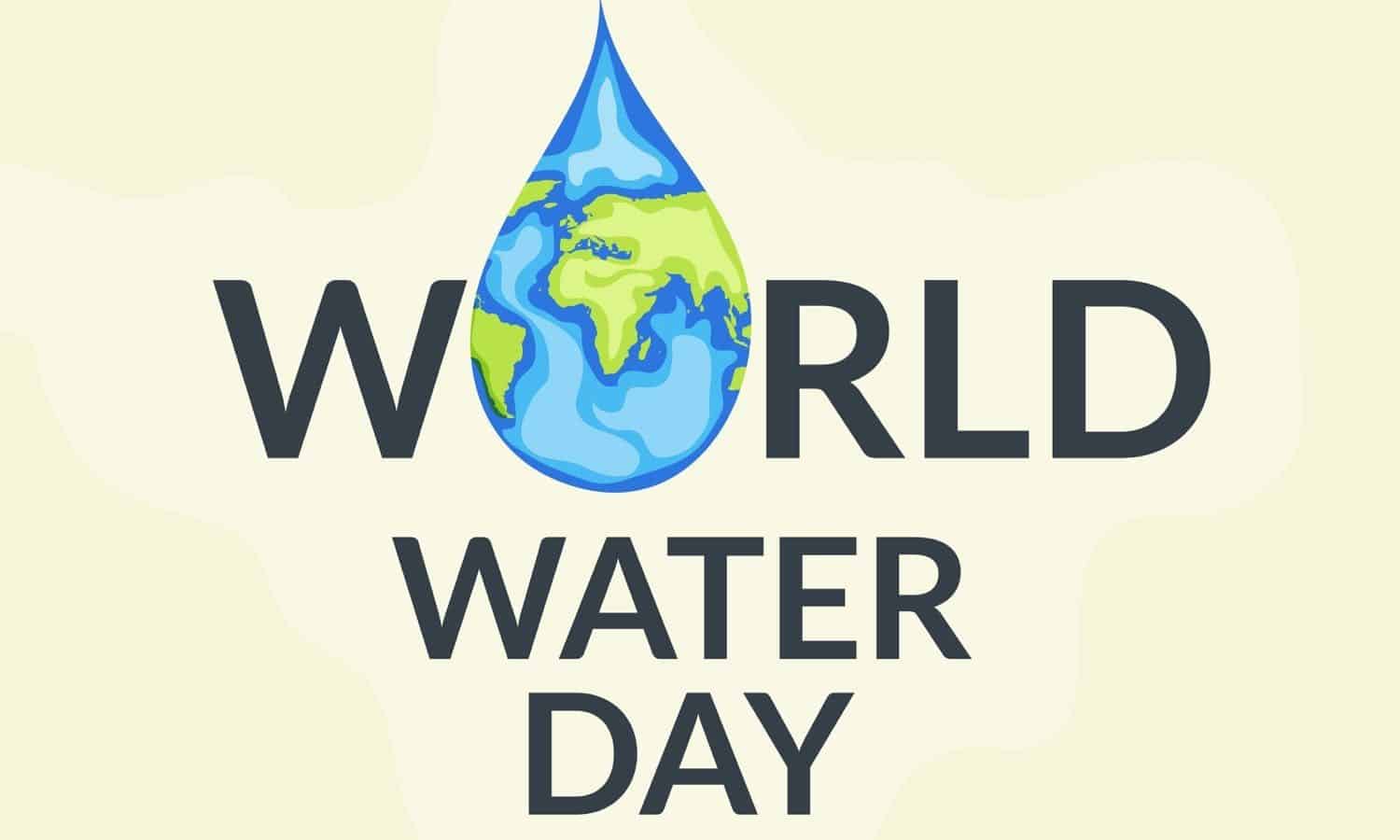
About the author : Ahmet Gonen
Water is an irreplaceable resource that sustains life on Earth. It is a fundamental right for all living beings, yet millions of people worldwide face water scarcity and lack access to clean and safe water. To raise awareness about this critical issue and advocate for the sustainable management of water resources, World Water Day is celebrated annually on March 22nd. This day serves as a global call to action, reminding us of the urgent need to conserve and protect our most valuable asset – water.
The Importance of Water: Water plays a vital role in various aspects of our lives, from agriculture and industry to health and sanitation. It is the essence of sustainable development and a crucial component in achieving all the United Nations’ Sustainable Development Goals (SDGs). It is essential for eradicating poverty, ensuring food security, promoting gender equality, improving health, and mitigating the impacts of climate change.
Addressing Water Scarcity: Water scarcity is a growing concern worldwide. According to the United Nations, by 2050, around 5.7 billion people could be living in areas where water is scarce for at least one month each year. This scarcity is caused by various factors, including population growth, urbanization, pollution, climate change, and inefficient water management practices.
Efficient Water Management: Achieving water security requires the collective efforts of governments, organizations, communities, and individuals. Efficient water management practices play a crucial role in ensuring the availability and sustainability of this precious resource. These practices involve adopting innovative technologies for water treatment and distribution, implementing water-saving techniques in agriculture and industry, protecting water sources, and promoting responsible water consumption habits.
Promoting Access to Clean Water: Access to clean and safe water is a basic human right. Sadly, approximately 2.2 billion people still lack access to safely managed drinking water services, leading to numerous health risks and hindering socio-economic development. On World Water Day, organizations and individuals come together to raise funds, awareness, and support initiatives that aim to provide access to clean water for all. These efforts include building wells, constructing water infrastructure, and implementing water purification projects in disadvantaged communities.
The Role of Education: Education plays a vital role in addressing water-related challenges. It is essential to promote water literacy and empower individuals to make informed decisions regarding water use and conservation. By incorporating water education into school curricula and community programs, we can cultivate a generation of environmentally conscious citizens who understand the importance of water and the need to protect it.
